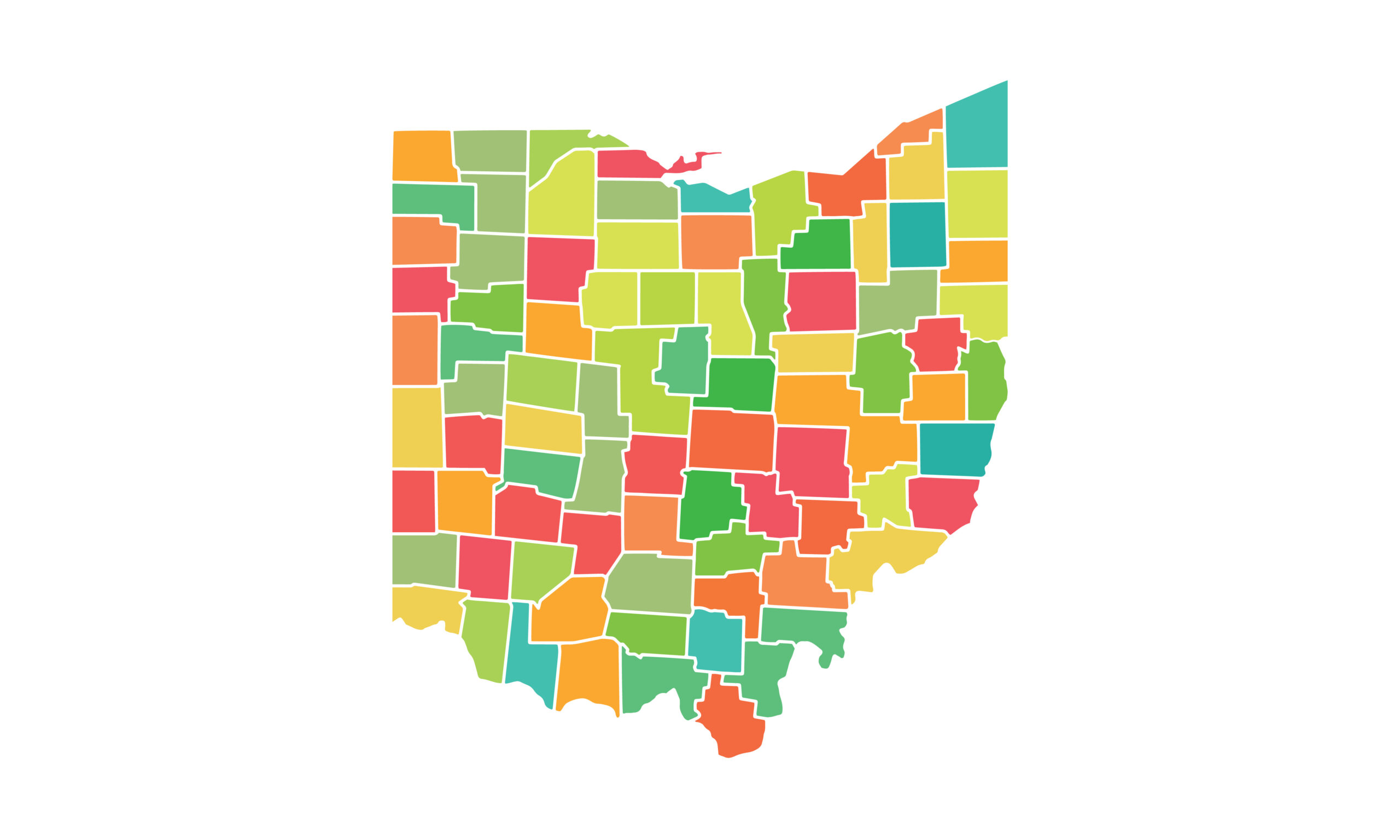Posts tagged Ohio
Commentary: There will be strikes this school year, and union-endorsed candidates won’t care
September 17, 2024 // Pringle has pledged to pour resources into campaigns “from the school board level all the way up to the presidency.” The NEA’s campaign war chest is formidable. Politico reported in 2020 that the NEA ran “a massive member campaign for [President Joe] Biden with digital organizing, phone banking, texting, virtual rallies and car caravans.” During its last reported fiscal year, the NEA spent $50.1 million on political campaigns and lobbying and directed a considerable portion of the $126.3 million allocated to “contributions, gifts, and grants” to political causes. Normally, Pringle keeps a low profile — her latest raucous rant aside. In contrast, AFT President Randi Weingarten revels in the spotlight and regularly reveals her political agenda.
Union autoworkers won big after striking. A year later, some face an uncertain future
September 15, 2024 // Now, workers are wondering how committed the trans-Atlantic automaker is to remain in the U.S. at all. For years, Cooper says, old-timers at his plant in Toledo have warned that if wages rose too much, the company would move jobs to Mexico. It's a threat he's always shrugged off, given how profitable the Jeep plant has been for Stellantis.
The Union Members Who Never Voted for Their Union
September 10, 2024 // Reform federal labor law to require a secret-ballot election for unionization, as the Employee Rights Act would do. A 2022 survey showed that 70 percent of Americans — and 76 percent of union households — support this concept. At present, unions can succeed without support from a majority of its workforce when only a tiny portion of eligible employees vote in the election. For example, the NLRB is considering certifying an election in California in which just three employees out of 24 voted to unionize. A fourth voted against the union, and the rest did not vote. Federal labor law should require a quorum — such as two-thirds of all eligible voters — in order for an election result to be upheld. Such a requirement is popular: Eighty-four percent of Americans support this idea.

J. D. Vance’s One-Track Mind for Railroad Regulation
August 17, 2024 // Ohio senator and GOP vice-presidential nominee J. D. Vance has something of a soft spot for unions, as evidenced by his co-sponsorship of the 2023 version of the Railway Safety Act. The legislation would mandate minimum two-member crews on freight trains, a requirement unions have long sought. Such a mandate wouldn’t make trains any safer but would damage the ability of the rail industry to pursue automation.

Commentary: Unions are bad for cities
August 16, 2024 // The truth is that unionization doesn’t even increase wages for all union members. Single-salary schedules ensure that senior members earn the most and new members the least, regardless of value or merit. While union leaders may brag about the union member premium — the ostensibly higher wages that unionized workers earn — it only exists for older members, where it exists at all. What’s more, unions’ seniority layoff system protects longer-serving union members before anyone else. The most junior employees are the first to be let go and the last to be rehired. Last-in-first-out layoffs do nothing to improve productivity, but they do a lot to protect senior members.
Amazon Air Hub workers walk out, demand higher wages and better working conditions
July 26, 2024 // Amazon delivery drivers from Illinois, who have been striking since the end of June, were also there. "I've been working at Amazon for a year now. The only reason why I stayed past the first few months is because I learned of this unionization," said Amazon driver Ebony Echevarria. Amazon said it already offers competitive pay, health benefits from day one, and career growth. The company also said full-time employees at the Air Hub have a starting wage of $21 up to $23 and a 401k. The union wants its workers to be paid $30 an hour.

School employees take union dues case to Ohio Supreme Court
July 23, 2024 // The appeal wants the Supreme Court to tell the state’s lower courts they have jurisdiction in these cases rather than the State Employment Relations Board. “‘Have your day in court’ is a truism that we learn from a young age,” said Jay R. Carson, senior litigator at The Buckeye Institute. “But if you were a member of a government union – a union still taking money out of your paycheck – getting your day in court is not that easy. This must change, and Darling v. AFSCME presents the Ohio Supreme Court the opportunity to clarify that common pleas courts have jurisdiction to decide private contractual disputes like the ones presented in this case.”

Biden Administration Unveils Historic Rules for High-Paying Clean Energy Jobs The White House
June 19, 2024 // Clean energy projects that meet the requirements of these final rules will receive a fivefold increase for clean energy tax credits for deployment of wind, solar, nuclear, hydrogen, and other clean energy technologies, as well as for projects receiving allocations under the Section 48C Advanced Energy Projects credit., providing a significant incentive for project developers to pay prevailing wages to workers for construction, alteration, and repair of clean energy projects and to hire registered apprentices to earn while they learn by working on those projects. Secretary of the Treasury Janet Yellen and Acting Secretary of Labor Julie Su also published a blog highlighting the use of Project Labor Agreements as a best practice for large construction projects and a tool to help project developers comply with the prevailing wage and apprenticeship requirements. Project Labor Agreements, or pre-hire collective bargaining agreements that set the terms and conditions for employment on a construction project, help workers and developers alike by providing strong worker and wage protections while ensuring a reliable supply of skilled workers to help deliver projects on time and on budget.
OHIO: STATE SEES 68 PERCENT BUMP IN OPT-OUTS
April 29, 2024 // The spike in opt-outs in March was led by Ohio Association of Public School Employees, Ohio Civil Service Employees Association and American Federation of State, County, and Municipal Employees Council 8 members. All three of these unions saw more than 20 members choose to halt their dues deductions. The bump from 2023 was due entirely to the hard work of the Ohio’s outreach team, which sent out thousands of pieces of mail and emails to union members’ homes and inboxes.

Biden Grants Micron $6.1 Billion for New US Chip Factories
April 25, 2024 // Micron is expected to build two new chip manufacturing plants in Clay, New York as part of the funding deal. It will also build a third in Boise, Idaho, where it already has a substantial presence. Micron will also receive state tax breaks from New York as it builds the new plants. The three plants will likely create 20,000 direct jobs as well as another 50,000 indirect jobs as the plants begin construction, according to the release. Micron is also supporting apprenticeships at the new plants, supports worker union organization, and is entering into project labor agreements (PLAs), a type of construction-specific collective bargaining agreement, for the plants.
